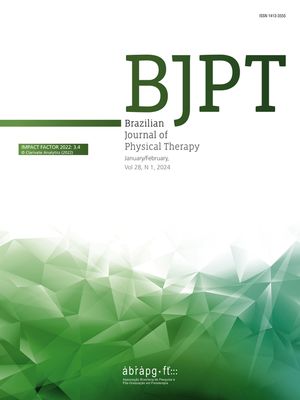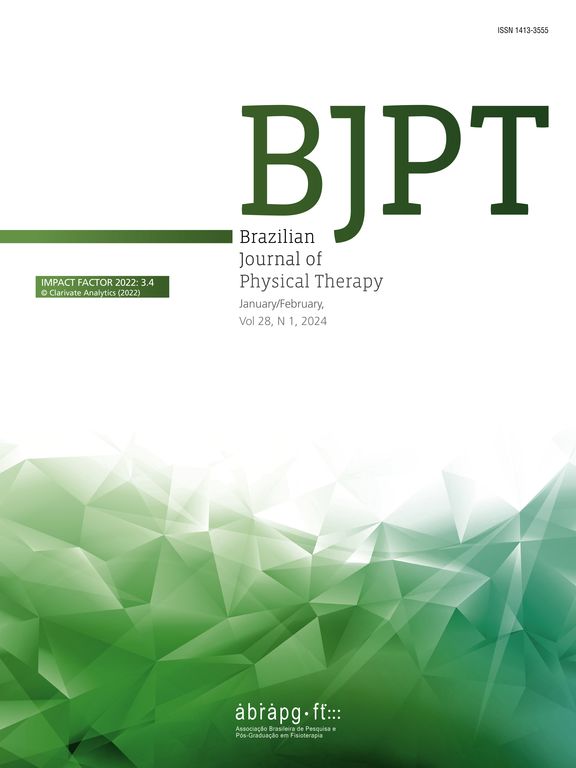
1st STUDENT SCIENTIFIC CONFERENCE OF THE BRAZILIAN ASSOCIATION FOR RESEARCH AND POSTGRADUATE IN PHYSIOTHERAPY (ABRAPG-FT)
More infoStudies from different areas, such as social sciences, pedagogy, psychology, and health, show that effective interventions during the first years of life, starting from pregnancy, have lasting repercussions until adulthood. From this, public policies and social programs aimed at early childhood emerge, one of them being the municipal project Grow with your Son, which was outlined in 2013 by the City Hall of Fortaleza, Ceará, with the purpose of accompanying the early childhood of families in situation of vulnerability, from pregnancy to three years of age. Contributing with effective care strategies so that families can meet the needs of their children. The program is inserted in the context of primary health care, where the Community Health Agent (CHA) is responsible for weekly home visits. During these visits, the CHA proposes activities to be developed with the children, activities that are in accordance with each stage of development, based on the program manual.
ObjectivesTo understand the caregiver's perception of the Grow with your Child program.
MethodsThis is a field study, exploratory, descriptive, with a qualitative and quantitative approach. It was carried out in two primary health care units in the city of Fortaleza/CE, from May to September 2021. Five families enrolled in the program participated in the survey, who were being monitored weekly in Grow with your Child by the ACS and complying with the schedule. A socioeconomic form was applied to the caregivers, addressing issues of a social and economic nature, such as: Age, Education, Family Income, and the interviews were based on a semi-structured questionnaire developed by the researcher.
ResultsThe participants were 5 caregivers, mean age 28.6 ± 8.7 years, marital status 60% (n=3) single and 40% (n=2) married, mother's education 20% (n=1) medium incomplete, 60% (n=3) completed high school and 20% (n=1) incomplete college. 40% (n=2) of the mothers do some work at home and 60% (n=3) are dedicated exclusively to the role of mother and home caretaker. The dialogues arising from the semi-structured interviews refer to factors about the caregiver's perspectives on the program. The thematic class - Influence of the Program on Child Development, brought two categories of great importance during the speeches, namely: I. List of exercises and stimuli for development (71.4%) and Influence on affective bonds (28.6%).
ConclusionThe study demonstrated the great importance of this project from the mothers' perception, bringing positive statements about the program's influence on child development, especially in relation to the stimuli through the activities developed, as well as in the strengthening of the families' affective bonds.
ImplicationsBased on the research, it is suggested the inclusion of more professionals in carrying out the program and a better design of the project from the perspective found in this research.
Conflict of interest: The authors declare no conflict of interest.
Acknowledgment: Thanks to the advisors, research participants, and the City Hall of Fortaleza for all the support, which greatly contributed to the realization of this research.
Ethics committee approval: Approved by the Research Ethics Committee of the School of Public Health of Ceará with opinion number 4.637.900, and authorized by the Coordination of Health Education, Teaching, Research and Special Programs of the City Hall of Fortaleza.





